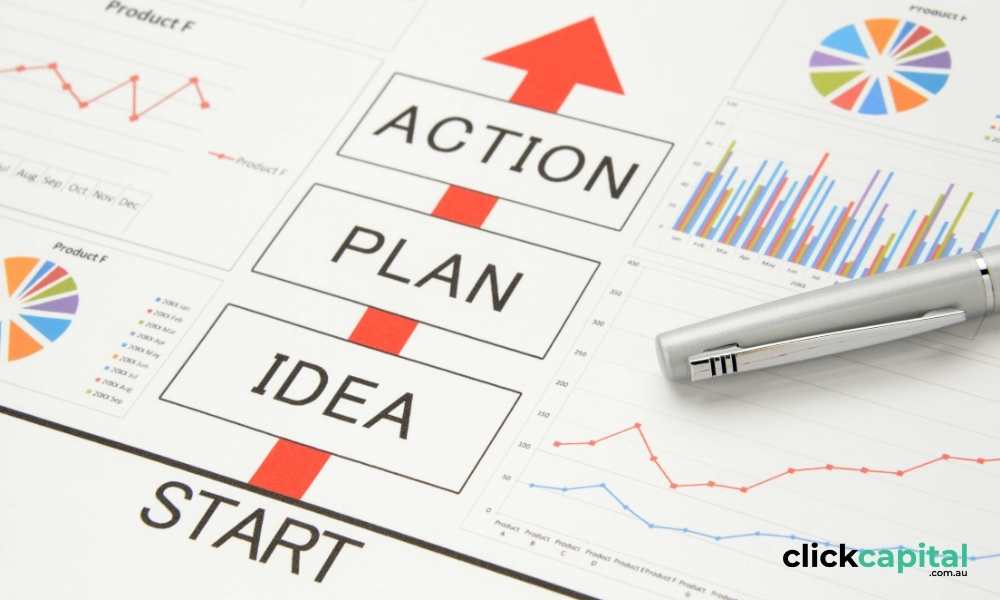Planning is the very first thing to do in starting a business. Thus, it is one of the single most important things to do when having one. A business plan is a written report that describes in detail how a business venture defines its goals and its plans to move towards achieving its objectives. A business plan is like a written roadmap for the business venture; touching a lot of areas from financial, advertising, and even to operational plans.
There are two types of business plans a business owner should consider. One, is the short term goal and another one is the long term goal. Short term goals should comprise the primary years from the founding of the business venture. The long term goal plan meanwhile, must be the follow up of the first one. This should focus on the development of the business and ways to expound it. With regards to that, developing a business plan that drives growth should be a top priority.
Your business plan should incorporate an outline of how your business does, what it has created and where you need it to go. Specifically, it should cover your system for further developing your current deals and cycles to accomplish the development you want. Here are some takeaways on how you should plan the development of your business and what you should be the content of that plan.

Build a Strategic Plan
Business development plan includes a wide extent of ideas, exercises, and drives that an entrepreneur and the board execute fully intent on improving the business. Also, the plan should incorporate numerous goals, like deals development, business extension, the arrangement of key organizations, and expanded benefits. This part of the business plan should tackle the upcoming and possible problems and challenges the business should face and corresponding to this the answer and possible solution to those problems. This is the foundation of the development plan you are developing. That’s why it should be thoroughly scrutinized so that in the upcoming future it will be smooth sailing by then.
Execution of the Strategic Plan
Planning without executing it, is a big waste of time and effort. In the execution part of your business development strategy, you’ll respond to the inquiry: how can you accept chances and transform it into a business? This segment will cover your promoting and deals plan, activities, and your achievements and measurements for progress.
Execution strategies are the means, the exercises, the choices you make and ways you take to execute it. They are the critical components of a business plan. Evaluating items, development, marketing, channels, web-based media, support everything unquestionably revolves around execution. What’s more you can’t do an essential development plan without managing the strategies that will execute it.

Achievements and objectives of the Strategic Plan
Consider dates and deadlines. Find out if you are on target or not. Individuals like running after achievements, and they like seeing their improvements as what they put on their objectives.
Remember the Important Business Numbers
Business development planning must be established in points of interest, including deals, expenses, and income. In the event that you have a current business, you are likely previously overseeing income and exploring your presentation and against your estimated numbers consistently. The business development plan is only the initial step. From that point, your projections lead you effortlessly into inspecting plans versus real outcomes and searching for course amendments. This is the business development plan process. You track results, you contrast the outcomes with the plan, and this year to a year ago. Also you make course corrections, or keep with it, depending upon what you choose.
Developing a business plan that drives growth might be tricky and time consuming, but if you want to make your business successful, you should go the hard way.




